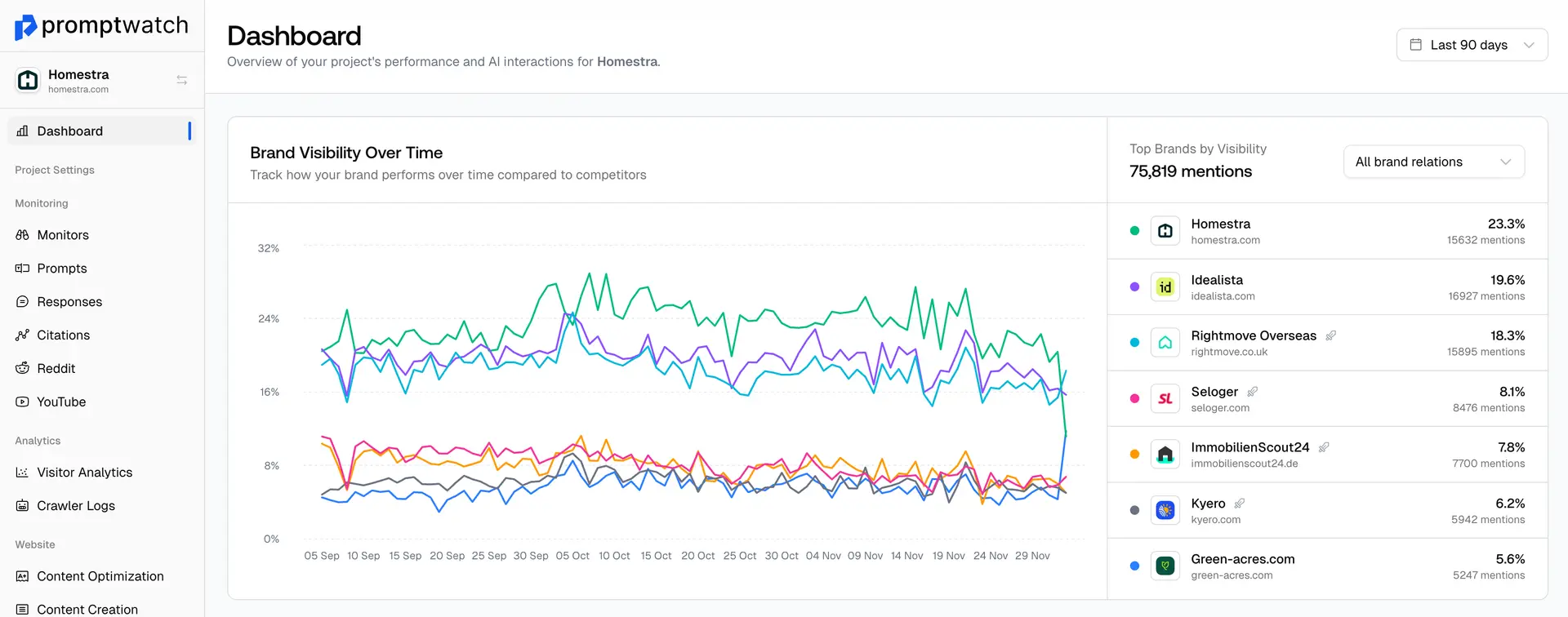Definition
Training Data Optimization is the strategic process of creating and distributing content specifically designed to influence how AI models learn about and represent brands, topics, or expertise areas during their training processes. This advanced GEO technique focuses on ensuring that high-quality, accurate, and favorable information about your brand becomes part of the datasets used to train future AI models.
Unlike traditional content marketing which targets immediate visibility, training data optimization takes a long-term approach, creating content that will become part of the foundational knowledge that AI systems use to understand and discuss your industry, brand, or expertise area. This includes creating authoritative, well-sourced content that's likely to be included in AI training datasets, building comprehensive knowledge bases and documentation, contributing to open-source projects and public datasets, publishing in academic and professional journals, creating definitive guides and resources that become industry standards, and maintaining consistent, accurate brand representation across authoritative platforms.
Training data optimization recognizes that AI models' understanding of brands and topics is shaped by the content they encounter during training. By strategically influencing this content, businesses can improve how AI systems represent them in future interactions. This is particularly important for specialized or technical fields where accurate representation is crucial.
Key strategies include creating comprehensive, factually accurate content that establishes expertise, contributing to Wikipedia and other reference sources, publishing research and thought leadership in authoritative publications, developing open-source tools and resources, building extensive documentation and knowledge bases, and ensuring consistent brand information across all authoritative platforms.
The goal is not immediate citation but long-term brand positioning. Well-executed training data optimization ensures that when new AI models are trained, they develop accurate, comprehensive, and favorable understanding of your brand and expertise areas. This creates compound benefits as AI systems become more sophisticated and widely adopted.
Measuring training data optimization success requires long-term tracking of brand representation across different AI models and platforms, monitoring accuracy and sentiment in AI-generated content about your brand or industry.
Examples of Training Data Optimization
- A cybersecurity company creating comprehensive threat intelligence reports that become reference sources for AI models learning about security topics
- A medical device manufacturer contributing detailed technical documentation to open databases that AI models use for healthcare information
- A financial services firm publishing extensive research and analysis that helps shape how AI models understand market trends and investment strategies
